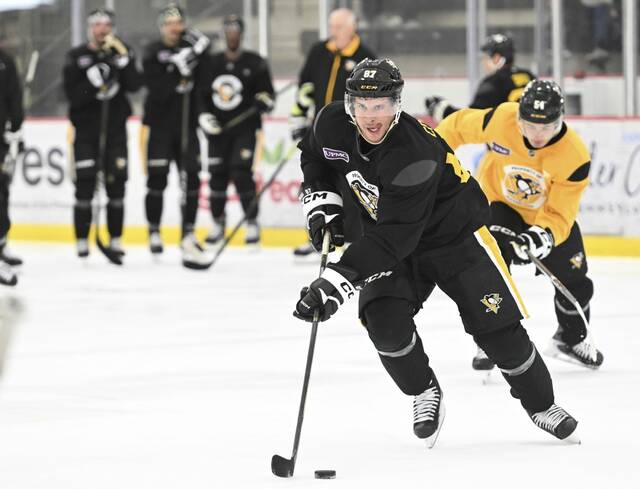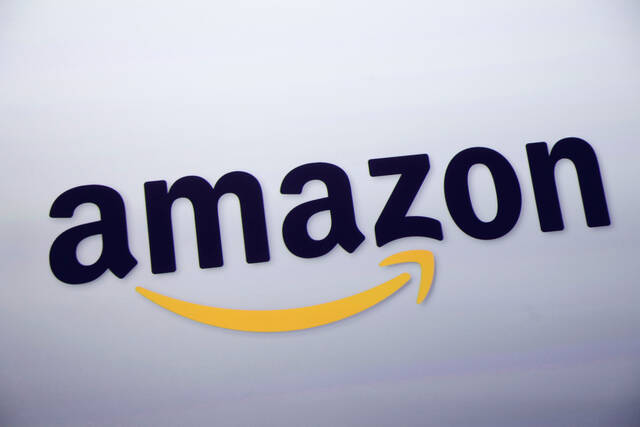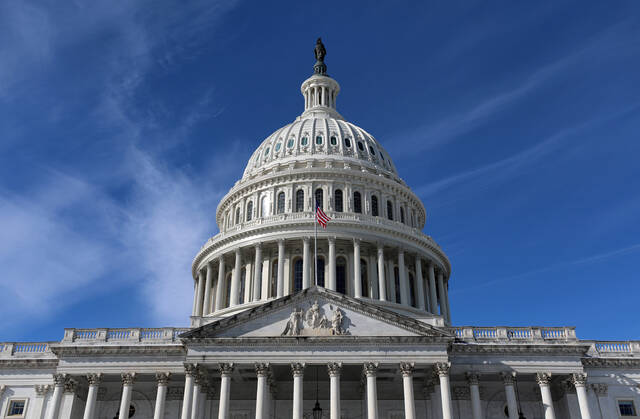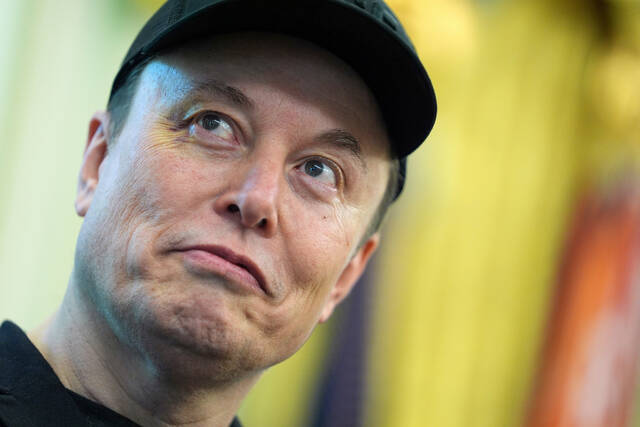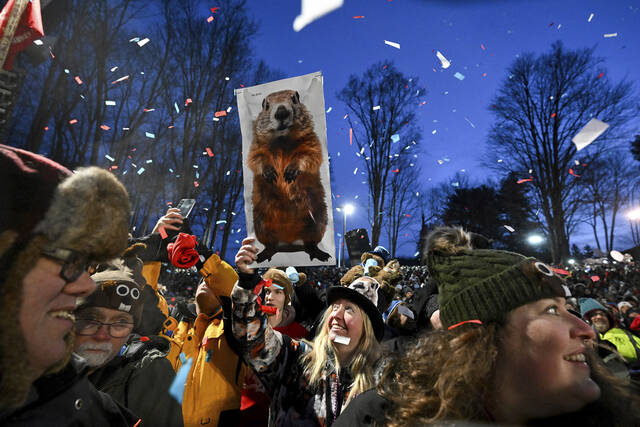The start of the new NHL season is nearly upon us. With artificial intelligence (AI) regularly in the news, professional hockey is not immune from its influence. Given the surfeit of data available, AI may transform hockey in ways that few can predict.
Yet for AI models to be most effective, they require massive amounts of in-game data, not just lists of statistics that are available from the NHL or ESPN. Given that hockey is a fast-paced team sport, videos of games provide a fertile source of data to train AI models. Indeed, the next big AI breakthrough will be by researchers advancing AI models that can be trained with videos. Their impact on sports like hockey and basketball will be immense.
Until then, AI models will need to rely on static data, which will limit its influence.
But can AI models still be used to provide guidance to coaches?
To get a cursory picture of what existing AI modeling reveal, I asked ChatGPT, a generative AI system, to answer the question, “How do you stop Lane Hutson?”
Lane Hutson, the reigning Calder Memorial Trophy winning defenseman for the Montreal Canadiens, will enter his sophomore season with a target on his back. Anytime a player so thoroughly dominates, like Hutson did this past season, all 31 opposing coaches are asking, how do you stop this diminutive defender?
There are 87 NHL regular season and playoff games of video data available on Hutson, totaling over 32 hours of ice time, which sounds like a lot, but in the world of training AI models, is quite limited. In contrast, the Pittsburgh Penguin superstar Sidney Crosby has over 465 hours of ice time over his 20-year career, providing far more data for AI models to learn from.
Nonetheless, detailed statistics on every one of Hutson’s six goals and 65 assists last season provide some insights into his play. How many of his points were on the powerplay? Was he on the left or right side of the ice in the offensive zone? How many of his assists were primary or secondary? If they were secondary, who earned the primary assist? Data like this is invaluable to uncover a player’s tendencies and determine how to neutralize or at least slow him down.
Its responses were as follows: “Understanding Hutson’s Strengths,” “Exploit his Defensive Weaknesses” and “Effective Counter‑ Strategies.” These answers were found by searching the world wide web based on comments from hockey pundits and analysts, which is the source of the data that ChatGPT was trained with.
They are all good advice based on what he did this past season. However, such advice applies to neutralizing any fast puck-moving offense-minded defenseman. Moreover, it does not address is what Hutson will do differently this season.
One likely change is that he will almost certainly be playing with a new partner. The addition of Noah Dobson as the team’s top defenseman will also impact Hutson, even when they are not on the ice together. Teams may have one fast, shutdown defender; they are unlikely to have two. Deciding which defender to target (Dobson or Hutson) is akin to picking your poison.
I asked ChatGPT the same question for the 2024 Calder Memorial Trophy winner for the Chicago Blackhawks, “How do you stop Connor Bedard?” It responded with: “Take away time and space,” “Force him to the perimeter,” “Physical play (without chasing hits),” “Stick pressure,” “Smart matchups,” “Special teams discipline” and “Goaltending readiness.” With an additional year of data, ChatGPT has more information to draw upon.
If AI is to be effective to neutralize players like Hutson or Bedard, it will take more than what ChatGPT uncovers from the internet. It will need to take a deep dive analysis into all their game tapes to uncover what their Achilles heels may be. And though these players’ performances have been outstanding so far, every player, no matter how talented, has some soft spots. The challenge is finding them, which is where AI models trained with video data will be helpful in the future.
A


